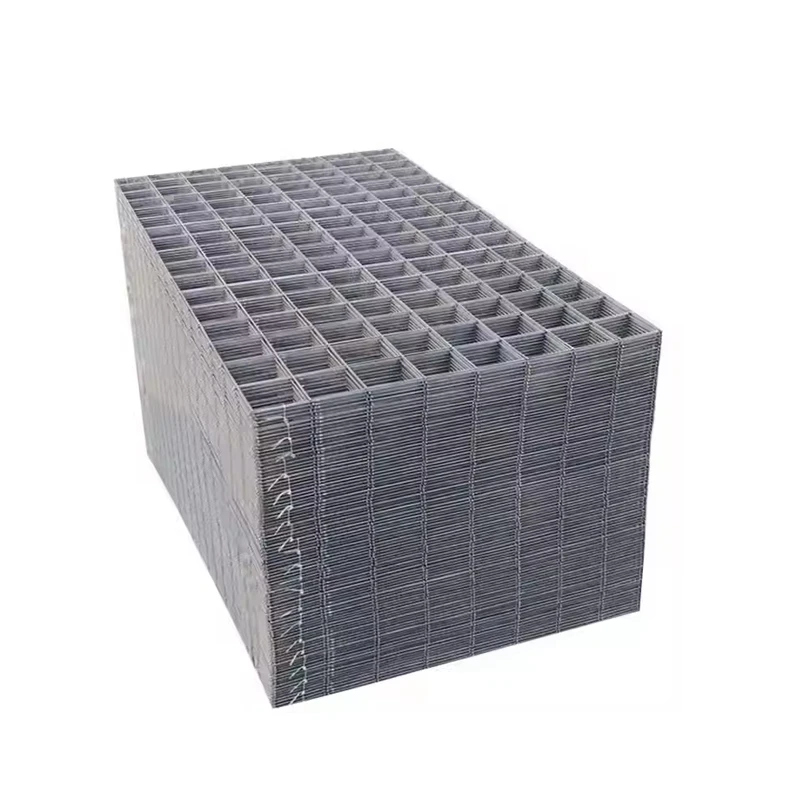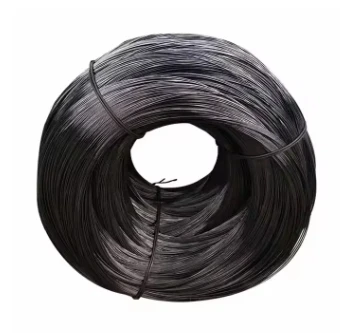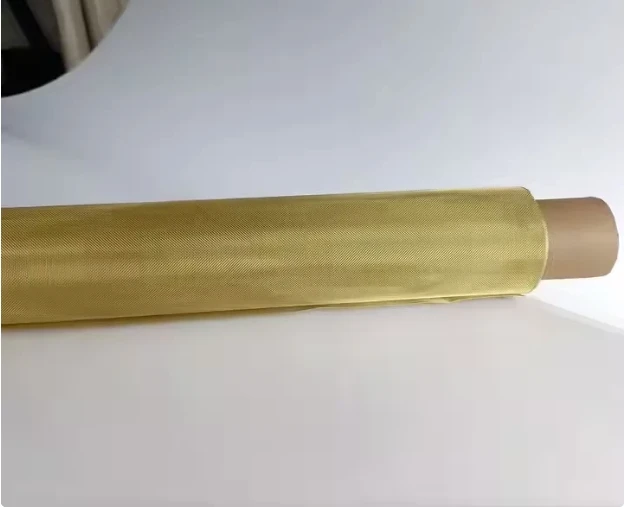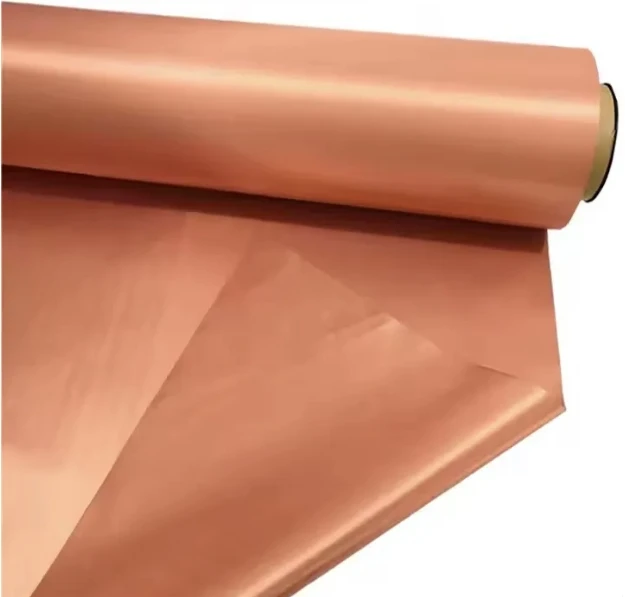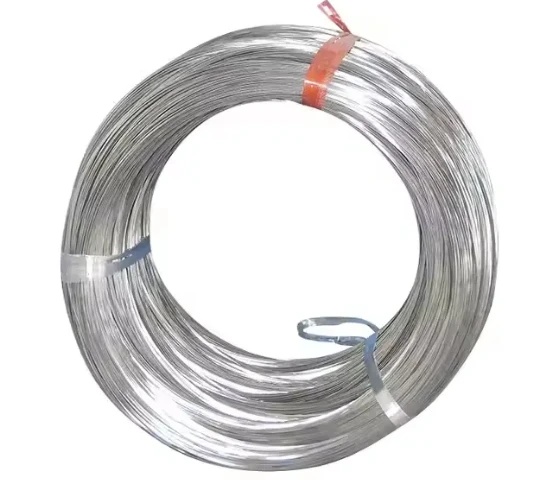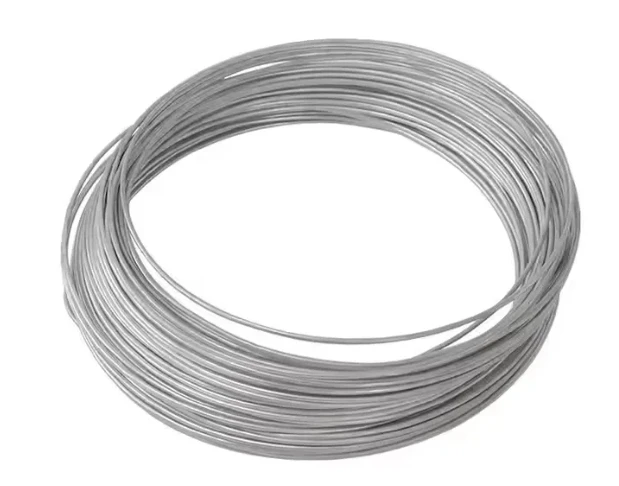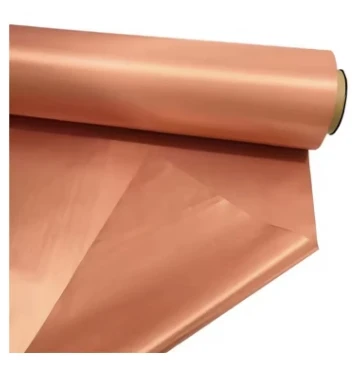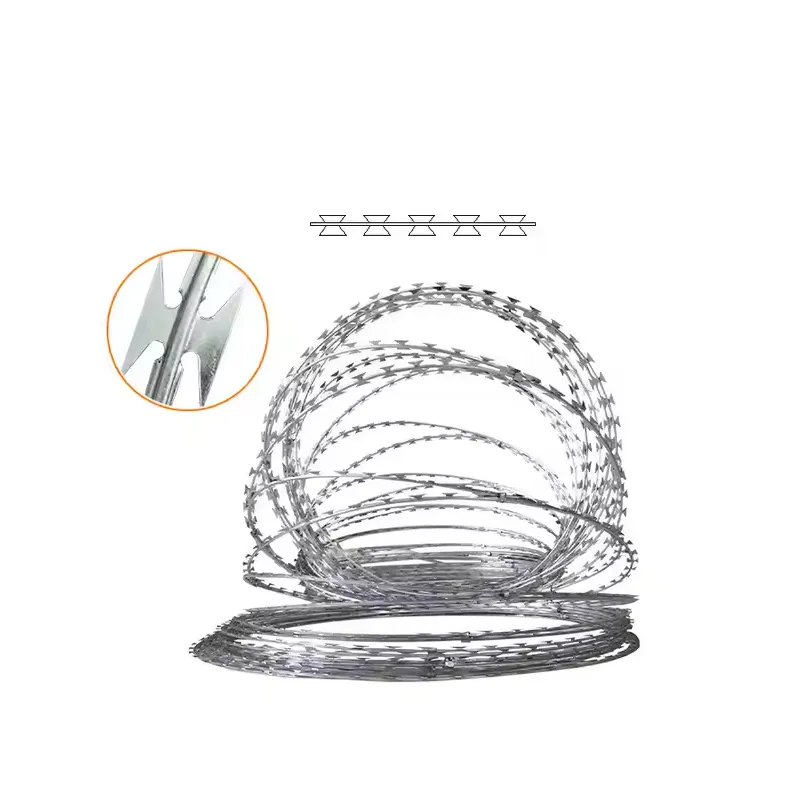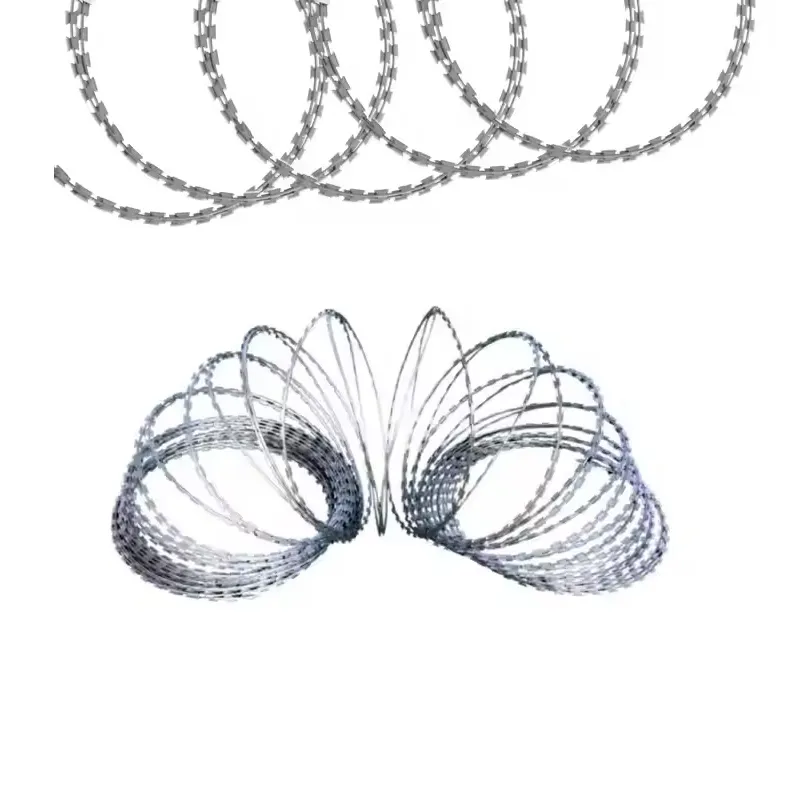Stainless Steel Cable Tightener Heavy-Duty Wire Rope Tension Solutions
мај . 07, 2025 16:46
- Introduction to Steel Cable Tighteners
- Technical Advantages & Performance Data
- Manufacturer Comparison Analysis
- Custom Solutions for Specific Industries
- Real-World Application Scenarios
- Installation Best Practices
- Future Innovations in Cable Tightening

(steel cable tightener)
Essential Tool for Precision Tension Control
Steel cable tighteners have become indispensable components in modern engineering, with the global market projected to reach $2.8 billion by 2027 according to Allied Market Research. These devices ensure optimal tension maintenance across 83% of suspension systems in construction and industrial applications. Stainless steel variants now account for 42% of professional installations due to their corrosion resistance in challenging environments.
Engineering Excellence in Tension Systems
Advanced wire cable tighteners incorporate three critical innovations:
- Cold-forged chromium plating (8-12μm thickness) for 200% corrosion resistance improvement
- Dual ratchet mechanisms supporting 25kN-180kN load capacities
- Laser-etched torque indicators with ±1.5% measurement accuracy
Comparative testing shows stainless steel models maintain 98% efficiency after 5,000 stress cycles versus 82% for galvanized alternatives.
Industrial Leader Comparison
| Feature | CableMaster Pro | TenseRight HD | DuraGrip SS |
|---|---|---|---|
| Max Load Capacity | 150kN | 180kN | 135kN |
| Corrosion Resistance | ASTM B117-2,000hr | 1,500hr | 3,000hr |
| Warranty Period | 5 years | 3 years | 10 years |
Tailored Tightening Solutions
Specialized configurations address unique requirements:
- Marine Systems: 316L stainless steel with 20% increased salt spray resistance
- Structural Engineering: 50kN-300kN capacity range with seismic dampers
- Industrial Machinery: High-frequency vibration models (up to 200Hz)
Proven Performance in Critical Applications
Case Study: Golden Gate Bridge Maintenance
- Installed 2,400 stainless steel cable tightener
s in 2022 - Reduced maintenance frequency by 40%
- Achieved 99.7% tension consistency across suspension spans
Precision Installation Protocols
Proper installation requires:
- Torque calibration to ±2% of specified tension
- Alignment verification within 0.5° deviation
- Post-installation load testing at 110% rated capacity
Next-Generation Steel Cable Tightener Technology
Emerging smart tension systems integrate IoT sensors that monitor real-time stress data, with prototypes showing 0.02mm micro-adjustment capabilities. These advancements promise to reduce structural failures by up to 68% in bridge applications while maintaining full compatibility with existing stainless steel cable infrastructure.

(steel cable tightener)
FAQS on steel cable tightener
Q: What is a stainless steel cable tightener used for?
A: A stainless steel cable tightener adjusts and maintains tension in wire cables. It is ideal for outdoor or corrosive environments due to its rust-resistant properties. Common applications include fencing, marine rigging, and construction.
Q: How does a steel cable tightener work?
A: A steel cable tightener uses a threaded mechanism to shorten or lengthen the cable, creating tension. It typically includes hooks or clamps to secure the cable ends. This ensures stability in structures like guardrails or suspension systems.
Q: Can a wire cable tightener be reused or adjusted after installation?
A: Yes, most wire cable tighteners allow adjustments post-installation. Loosening the threaded component lets you modify tension as needed. Ensure components are undamaged to maintain safety and functionality.
Q: What’s the difference between stainless steel and regular steel cable tighteners?
A: Stainless steel cable tighteners resist corrosion and rust, making them suitable for harsh environments. Regular steel versions are cost-effective but may require coatings for durability. Choose based on exposure to moisture or chemicals.
Q: Are steel cable tighteners compatible with all cable thicknesses?
A: Steel cable tighteners are designed for specific cable diameters, listed in product specifications. Using mismatched sizes can compromise tension and safety. Always check compatibility with your cable’s gauge before purchase.
Related Products
Related News







